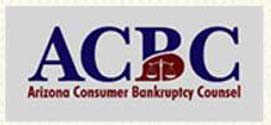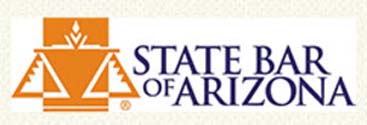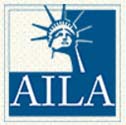
I am behind on my mortgage payments – can bankruptcy protect my home?
Yes and no, depending on which bankruptcy chapter one chooses to file.
At first, all the property that a Debtor owns except property that is exempt under Arizona law (if the Debtor lives in Arizona) becomes part of the bankruptcy estate, regardless of which Chapter is filed. The exempt property and the property in the bankruptcy estate is protected by the automatic stay.
A bank cannot foreclose on a Debtor’s house until it gets permission to proceed from the bankruptcy court. It must ask for permission by filing a Motion to Lift the Automatic Stay.
When a Chapter 7 bankruptcy petition is filed, the house will be protected for a short time, but only until the creditor files a Motion to Lift the Automatic Stay. However, when a Chapter 13 bankruptcy petition is filed, the Debtor can pay the missed mortgage payments through a Chapter 13 Plan.
Paying through a Chapter 13 Plan provides the Debtor with an opportunity to pay off the missed payments over a 3 to 5 year span. The Debtor will need to stay current on all mortgage payments after the bankruptcy petition is filed.
Many other considerations go into making an intelligent decision regarding whether a home with missed mortgage payments should be retained, and which bankruptcy chapter to file. It’s good to consult with an attorney to brainstorm and weigh the amount of mortgage payments the Debtor has missed against the fair market value of the home.
The picture gets more complicated if there is a second mortgage or an equity line of credit on the home. If the first mortgage is “underwater,” meaning that the Debtor owes more than the home is worth, in a Chapter 13 case in the 9th Circuit, the second mortgage can be reclassified as unsecured debt and the lien on the property can be “scrapped off.” This is a topic that should be discussed further with a qualified bankruptcy attorney.
Generally, the first mortgage has priority, which means that if the house is sold in foreclosure or at auction, the bank with the first mortgage would get the proceeds from the sale, and if there is anything left over, the bank with the second mortgage or equity line of credit would get the rest.
However, if the house is “underwater,” and the first mortgage exceeds the value of the house, there is no security (nothing tangible of value) to which the second mortgage can attach. For this reason, the second mortgage in a Chapter 13 case can be treated as an unsecured debt.
A qualified bankruptcy attorney can open an “adversary proceeding” and request that the court treat the second mortgage as an unsecured debt. What this means is that the unsecured debt will be treated as credit card debt and will be discharged after all Chapter 13 Plan payments have been made and the Chapter 13 bankruptcy has been completed. The discharged debt can then be recorded with the Country Recorder’s Office.
This is a complicated procedure and various rules apply. A qualified attorney is highly recommended. The Law Offices of Alice Vacek Aranda PLLC offers a free one half hour consultation.




